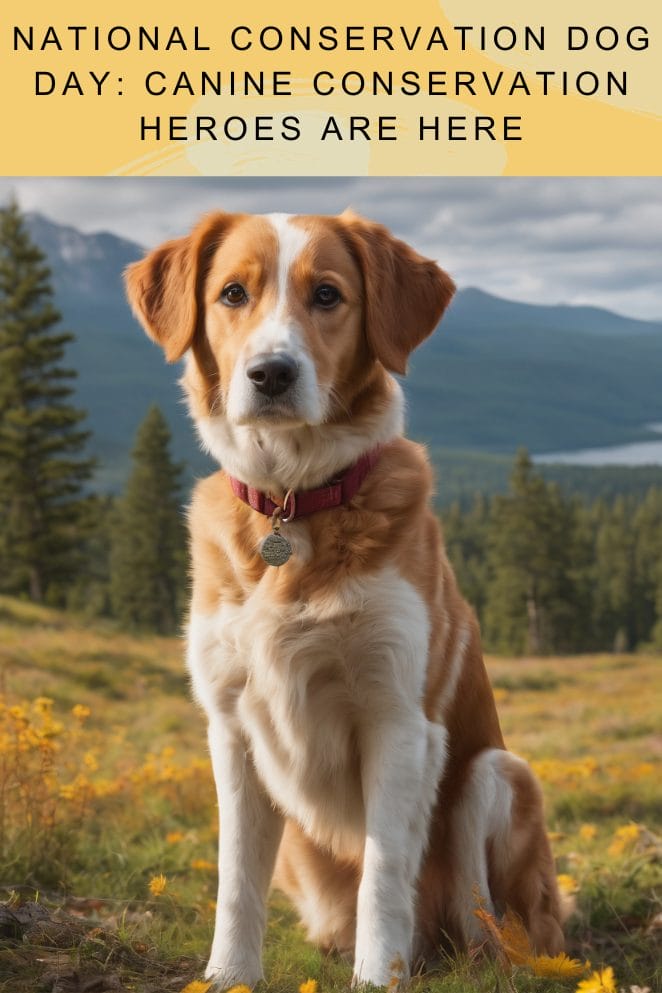
Come together on January 19th to honour the extraordinary dogs contributing to conservation by detecting scents of endangered, invasive, and elusive species.
National Conservation Dog Day is a unique occasion devoted to acknowledging and celebrating the exceptional contributions of conservation dogs and their handlers in safeguarding our natural environment.
These extensively trained canines play a pivotal role across diverse conservation initiatives, spanning from identifying endangered species to combatting illegal wildlife trade.
This piece explores the details, history, traits, care, and more associated with National Conservation Dog Day.
What is National Conservation Dog Day?
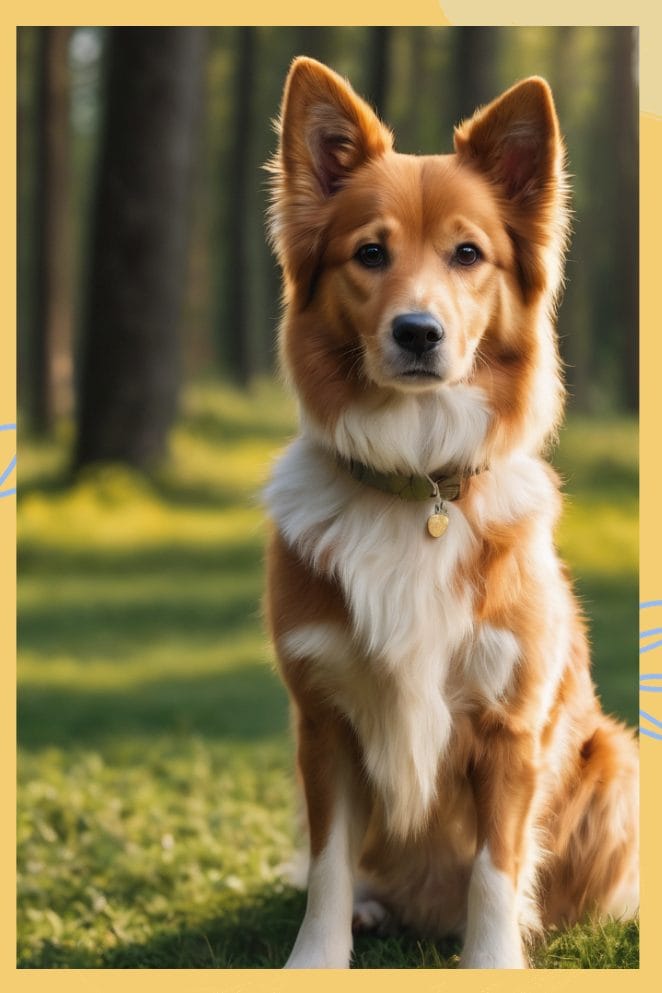
This special day is dedicated to celebrating dogs that contribute to conservation by using their scent detection skills for endangered, invasive, and elusive species.
With their proficiency in finding odours, eagerness to work, and capacity to form unbreakable bonds, these “Finders” (canines) are ideal companions for their “Keepers” (handlers).
Together, they efficiently gather valuable and reliable data for field scientists, doing so with remarkable speed and minimal environmental impact.
It’s a day to recognise and applaud these teams’ significant role in advancing conservation efforts.
Why Is National Conservation Day Being Created?
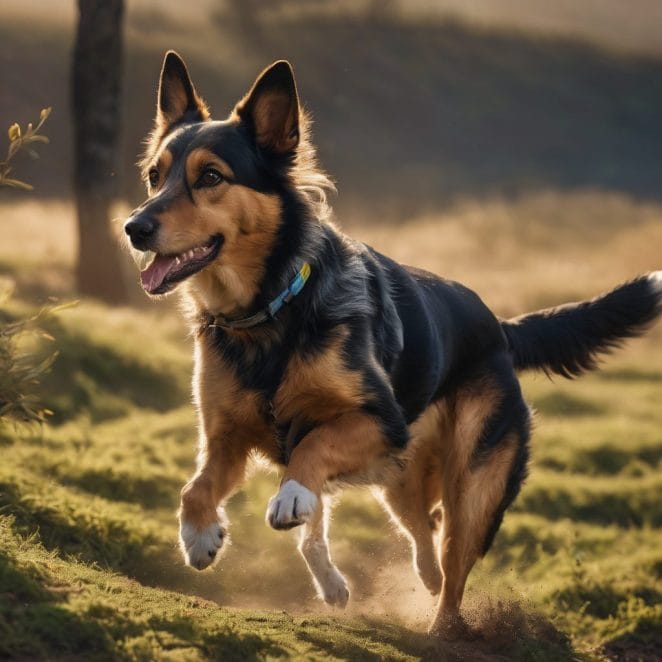
Until now, no human-made tool has matched the scenting power and efficiency of dogs.
Combining their extraordinary sniffing capabilities with an inherent eagerness to work, dogs stand as unique superheroes in the realm of conservation.
This day is dedicated to celebrating these exceptional canines, recognising and applauding their hard work in conservation.
Facts about Conservation Dogs
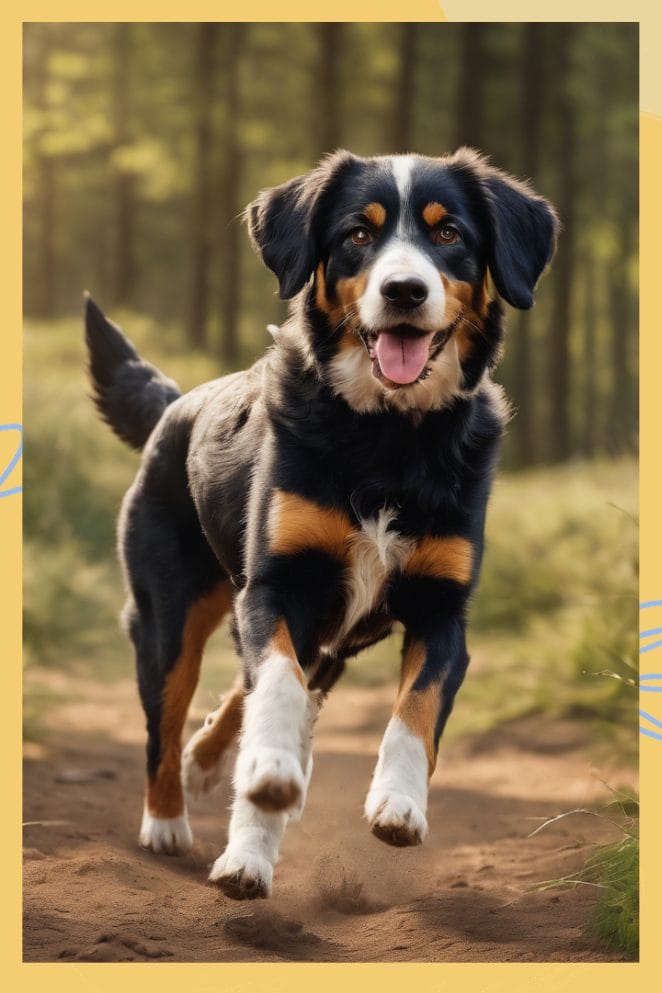
- Highly Specialized Training: Conservation dogs undergo rigorous training programs to cultivate their expertise in scent detection, tracking, and participation in diverse conservation activities.
These specialised canines are trained to identify specific scents linked to particular species, invasive plants, or even illicit poaching activities. - Diverse Conservation Roles: These remarkable dogs play a crucial role in supporting a diverse array of conservation endeavours.
Their contributions extend to tracking and monitoring endangered species, pinpointing wildlife populations, detecting invasive species or pests, participating in search and rescue operations, and assisting in anti-poaching initiatives. - Conservation Dog Breeds: Various dog breeds showcase distinct strengths suited to specific conservation tasks.
For example, breeds like Labrador Retrievers and German Shepherds are frequently employed for tracking and detection work, leveraging their keen sense of smell and trainable nature.
On the other hand, Border Collies and Australian Shepherds are recognized for their herding abilities, proving beneficial in wildlife management scenarios. - Conservation Success Stories: Conservation dogs have played a pivotal role in numerous success stories, leaving a lasting impact on environmental preservation.
Their contributions extend to locating and monitoring endangered species, uncovering hidden nests and dens for research purposes, detecting illegal wildlife products, curbing the spread of invasive species, and contributing significantly to the overall protection of ecosystems.
Through their remarkable skills and collaboration with handlers, these canines have proven to be indispensable allies in the ongoing efforts to safeguard and conserve our planet’s biodiversity.
History of National Conservation Dog Day
The inception of National Conservation Dog Day can be traced to the increasing acknowledgement of the indispensable role played by conservation dogs in safeguarding our natural resources.
The day is dedicated to honouring the dedication and hard work of these canine heroes, aiming to raise awareness about their significant contributions to conservation efforts.
It stands as a testament to the vital partnership between humans and these specially trained dogs in the shared goal of protecting and preserving the environment.
Characteristics of Conservation Dogs
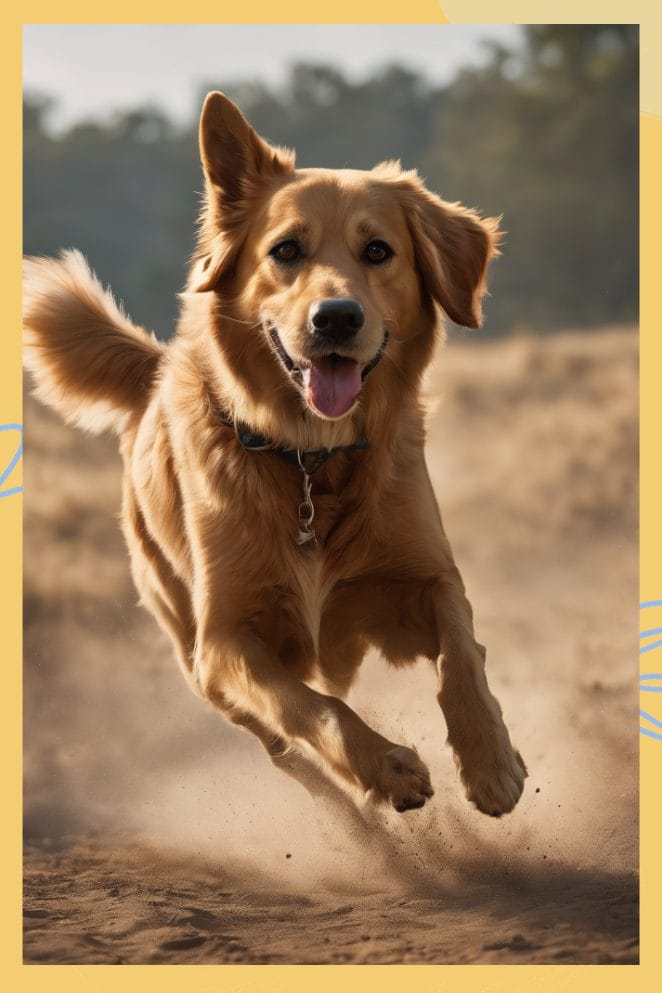
- Keen Senses: Conservation dogs have an exceptional sense of smell, surpassing that of humans, which empowers them to detect scents even in challenging environments.
Their olfactory abilities are far superior, allowing them to locate hidden or elusive targets efficiently. - Intelligence and Trainability: Conservation dogs exhibit high intelligence and trainability. Through specialized training, they learn to associate specific scents with particular tasks or behaviours, which enhances their effectiveness in detecting target species or identifying invasive species.
- Adaptability: Conservation dogs demonstrate remarkable adaptability, operating in a wide spectrum of environments that span from dense forests to open grasslands and even urban areas. Their versatility allows them to navigate diverse terrains and climates, showcasing a capability to tackle the varied challenges they encounter during their conservation work.
Care and Well-being of Conservation Dogs
- Training and Exercise: For conservation dogs to keep and develop their talents, regular training sessions are necessary. For them to stay in good bodily and mental health, they also require a certain amount of exercise.
- Veterinary Care: Preventive care, immunizations, and routine veterinary examinations are essential for maintaining the health and welfare of conservation dogs. The general health of their dogs, including feeding, parasite control, and dental care, must be given top priority by their handlers.
- Bond with Handlers: Conservation dogs rely on their handlers for trust and guidance, and they form strong ties with them. Their general well-being and productivity in the field depend on them and their handlers continuing to have a loving and supportive connection.
- Rest and Recreation: Conservation dogs need to rest and unwind in order to rejuvenate, just like any other working dog. It’s critical for their general wellbeing to give them chances for play, cerebral stimulation, and relaxation.
How Should This Day Be Observed?
Prior to this national day, spend extra time playing scent activities with your own dog so that you may join in on the celebration of canines making a difference.
To support these exceptional canines in carrying out their passion of preserving the environment, you can also make a donation to a canine conservation organization!
Conclusion
The exceptional contributions made by conservation dogs and their handlers to the preservation of our natural environment are recognized and honoured on National Conservation Dog Day.
These canines are essential in protecting biodiversity, stopping wildlife crime, and spreading the word about the value of conservation because of their specific training, intelligence, and unshakable devotion.
We recognise their priceless contributions by acknowledging and celebrating their efforts on this unique day and encourage others to support conservation activities around the globe.


GIPHY App Key not set. Please check settings